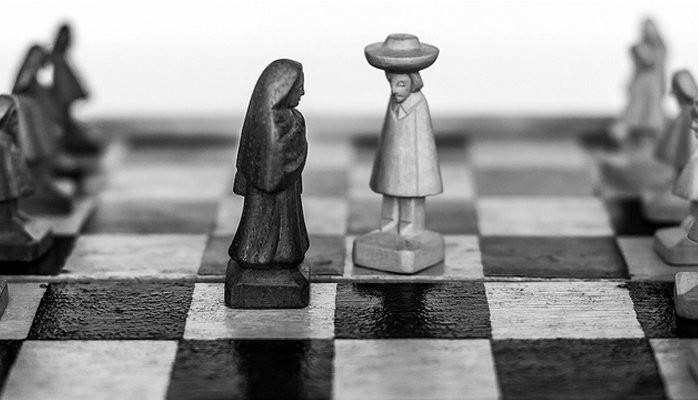UOT 327; 930.22
DOI: https://doi.org/10.30546/3006-0346.2025.1.85.025
Məhəbbət Seyidova
Bakı Dövlət Universiteti Beynəlxalq münasibətlər kafedrasının doktorantı
E-mail: [email protected]
https://orcid.org/0009-0000-1094-8477
SUMMARY
Soft power in international relations
The concept of "soft power" was developed by Joseph Nye, one of the leaders of the neoliberal direction of modern international relations theory at the turn of the 20th-21st centuries. The article analyzes the main provisions of the concept of "soft power" and the thoughts of scientific circles about it. Although "soft power" is popular as a research topic, there is still no unified understanding of the limits of its use. The article analyzes the theoretical innovations of the founder of the concept, J. Nye, and examines the opinions of other scientists regarding "soft power" and its mechanism of action. The article states that "soft power" is the image created by the state in the international arena and is a strategy for the realization of national interests based on cooperation and moral and ethical aspects of world politics. The interaction between "soft power" and "hard power", as well as the assessment of the real results of the application of "soft power" in practice, are being debated. As a result of the analysis, such a result is obtained that foreign scientists have many questions regarding the theoretical-methodological and practical aspects of this concept. Nevertheless, the concept developed by the American scientist is of great importance for the development of historical-political thought and the theory of international relations.
Keywords: Nye J.S., "soft power", "hard power", "smart power", realism, neorealism, neoliberalism, foreign policy.
Резюме
Мягкая сила в международных отношениях
Концепцию «мягкой силы» разработал Джозеф Най, один из лидеров неолиберального направления современной теории международных отношений на рубеже XX-XXI веков. В статье анализируются основные положения концепции «мягкой силы» и мысли о ней в научных кругах. Хотя «мягкая сила» популярна как тема исследования, до сих пор нет единого понимания границ ее использования. В статье анализируются теоретические новации основоположника концепции Дж. Ная, а также рассматриваются мнения других ученых относительно «мягкой силы» и механизма ее действия. В статье утверждается, что «мягкая сила» — это имидж, создаваемый государством на международной арене, и стратегия реализации национальных интересов, основанная на сотрудничестве и морально-этических аспектах мировой политики. Обсуждается взаимодействие «мягкой силы» и «жесткой силы», а также оценка реальных результатов применения «мягкой силы» на практике. В результате анализа получен такой результат, что у зарубежных учёных возникает множество вопросов относительно теоретико-методологических и практических аспектов данной концепции. Тем не менее, концепция, разработанная американским учёным, имеет огромное значение для развития историко-политической мысли и теории международных отношений.
Ключевые слова: Най Дж.С., «мягкая сила», «жесткая сила», «умная сила», реализм, неореализм, неолиберализм, внешняя политика.




